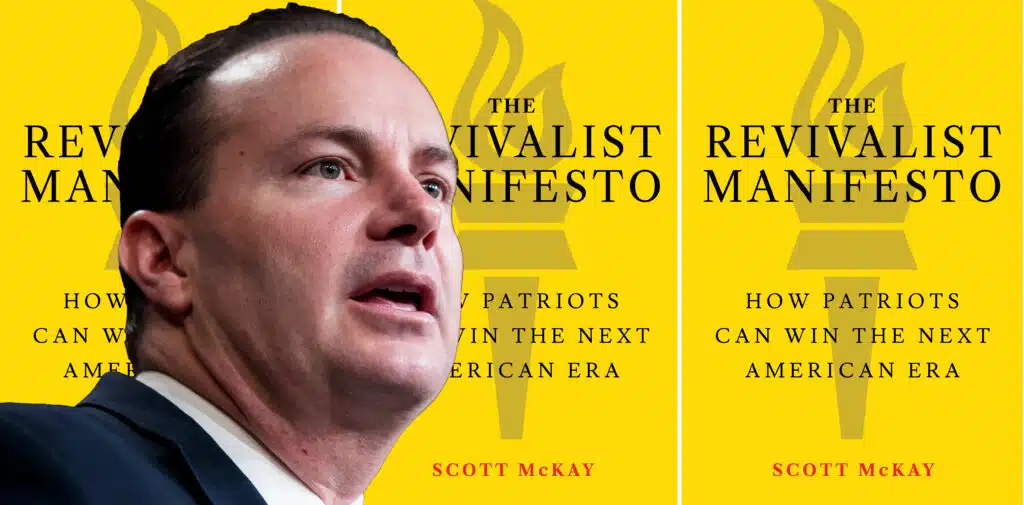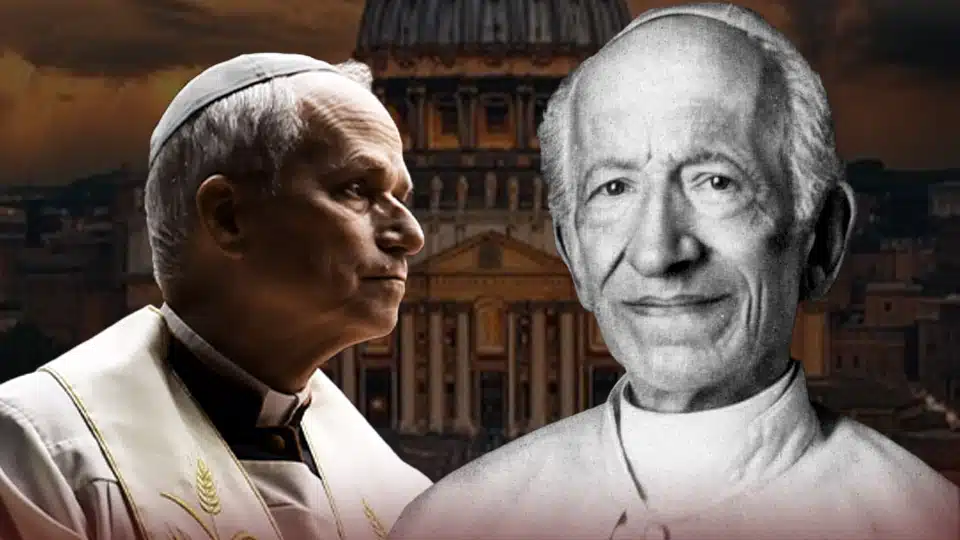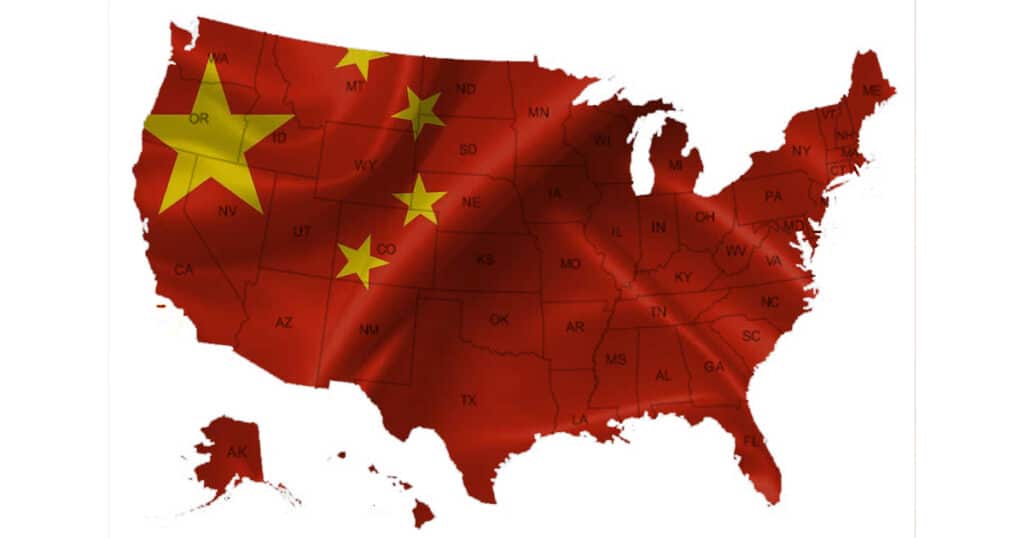
Sen. Mike Lee Just Touched Off The Revivalist Era In American Politics
Every once in a while you run into something which completely validates everything you’ve been working on. Thanks to a thread on X which appeared Thursday, I had such a moment.
The regular readers of this site and my columns at The American Spectator know that I wrote a book two years ago, The Revivalist Manifesto: How Patriots Can Win The Next American Era, which hit #1 on Amazon’s Comparative Politics chart briefly in 2023. Amusingly, the book had sold a so-so number of copies upon its release and then suddenly saw a skyrocket much later because Mike Johnson had written the foreword and when Johnson became Speaker of the House, CNN decided to run a hit piece on him based on the fact that he’d foreworded a “homophobic” book “filled with conspiracy theories.”
Homophobic because I’d written that Pete Buttigieg was “obnoxiously gay,” which is unquestionably true and most gay people would agree, and “filled with conspiracy theories” like that COVID-19 originated at the Wuhan Institute of Virology, which is now the official position of the United States Congress.
People found out about the book thanks to that hit piece, and while there were certainly trolls who attempted to trash its Amazon ratings, CNN nevertheless made the book a bestseller.
The Revivalist Manifesto was not about Pete Buttigieg’s sexuality or how obnoxious he is. It was about much, much larger things. Most generally, its thesis was something that I had picked up from the great conservative writer and philanthropist James Pierson – the idea that America has had three major political eras in its history and the third one is ending while the fourth one is about to begin.
The Revivalist idea is that those eras began, respectively, in 1800, 1860 and 1932. What followed after those years, and most particularly the elections which occurred within them, set a course for American politics and societal evolution which couldn’t be altered until the next great change. In all three instances, the political party winning those pivotal elections would stay in power for two decades or more and by the time the opposing party finally emerged from the wilderness, it was only so because they’d managed to come to terms with the new political consensus that had set in.
For example, Dwight Eisenhower was the first Republican president to win election since Herbert Hoover left office following Franklin D. Roosevelt’s blowout win in 1932. By the time Eisenhower managed that victory, the New Deal was a fact of American life and there was no rolling back the welfare and administrative states it ushered in.
Similar things could be said about John Quincy Adams’ win in 1824, which really only represented a soon-to-be-breakaway faction of the Democratic-Republican Party that would later become the Whigs, and the 1884 victory by Grover Cleveland, who differed with Republican James Blaine mostly in a slightly different commitment to political graft. That first era of American politics was set in place by the Democrat Party of Thomas Jefferson and Andrew Jackson, the second era by the Republican Party of Abraham Lincoln and Ulysses S. Grant, and the third era by FDR and Lyndon Johnson.
I’ve posited, and I think I’m right, that the Fourth Era, which is long overdue, began on November 5 of this year. Before Donald Trump won that election on a platform of radical, groundshaking reform, there was a counternarrative which had some currency; namely, that the fourth era had already begun and the turning-point election wasn’t 2024 but rather 2008, after which Barack Obama had turned this country inexorably into a woke Bizarro World version of America which looked more like communist China than the United States of our founding. It appears that the voting public decisively rejected that, particularly when Kamala Harris so clumsily put it on offer to us this year.
I’ve been doing some re-reading of that book because right now I’m busy writing its sequel, The Revivalist Agenda, which is based on the premise that this new era has begun and there are steps to be taken to cement it into place, and I can honestly recommend it two years after its publication. That book has held up remarkably well.
All of that said, along comes Sen. Mike Lee – who has never described himself as a revivalist to my knowledge but certainly speaks and acts as one. Lee dropped a string of X posts on Thursday which so perfectly outlines the opportunities and challenges of a nascent revivalist era that all I can really do is just share the whole thing and then stand back. Lee doesn’t have the years of the previous eras quite correct because he’s applying different criteria to them than the formative elections which set them in place, but otherwise he’s parroting much of The Revivalist Manifesto without ever actually having read the book (at least, that I know of).
Great minds, and so forth.
Anyway, here is Lee.



